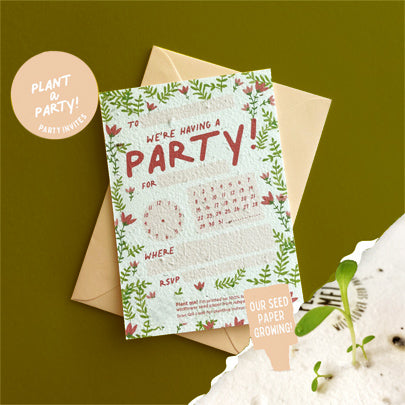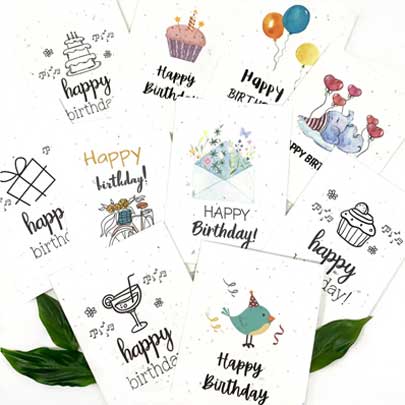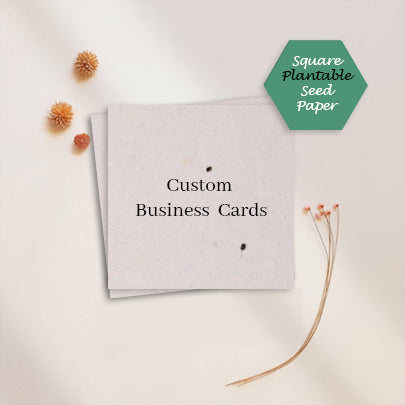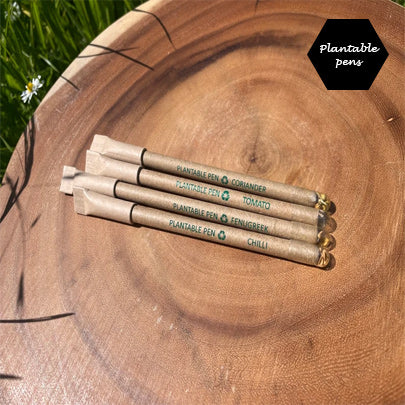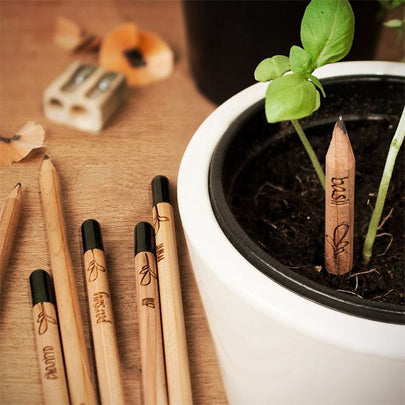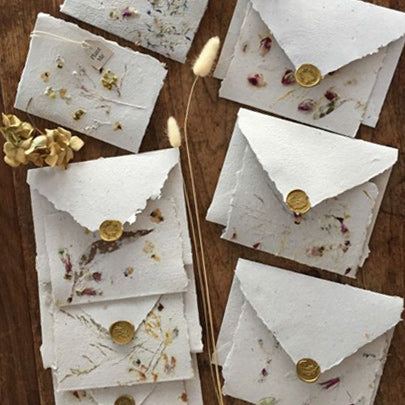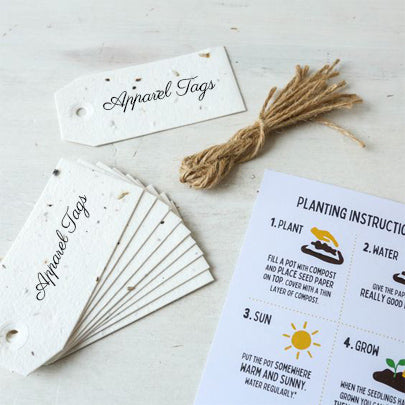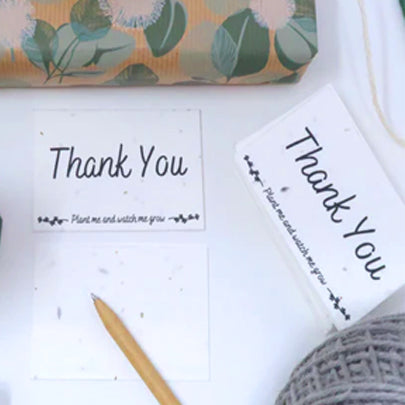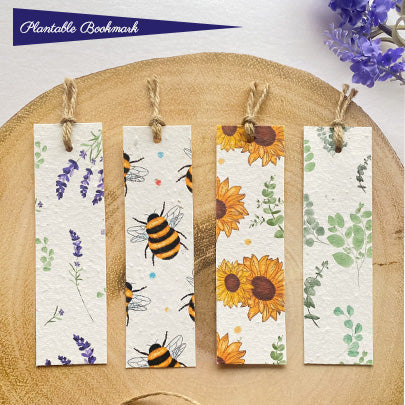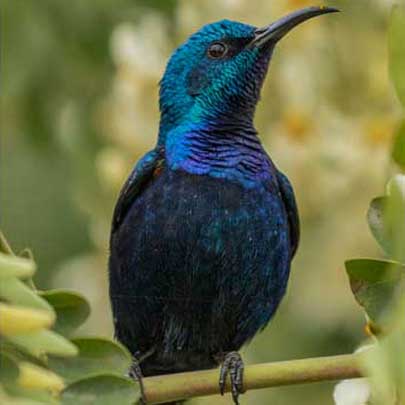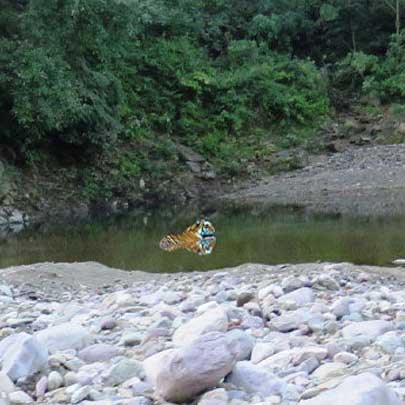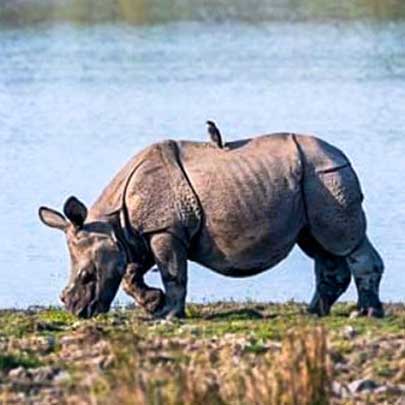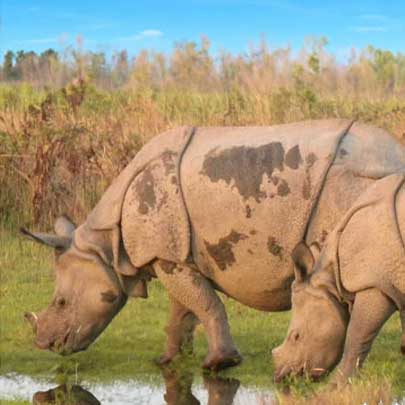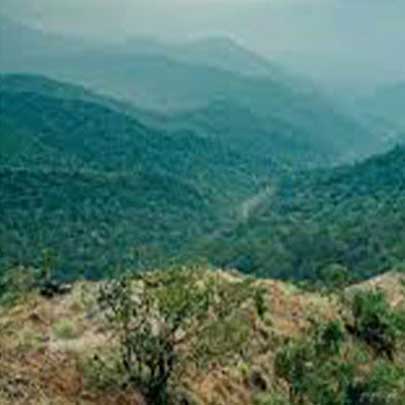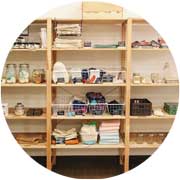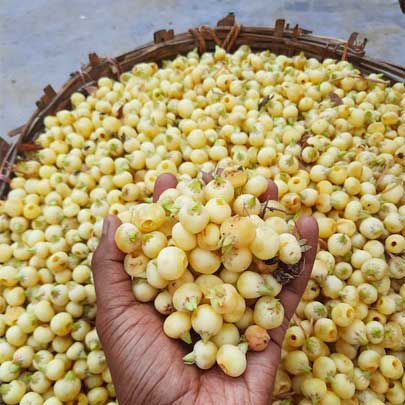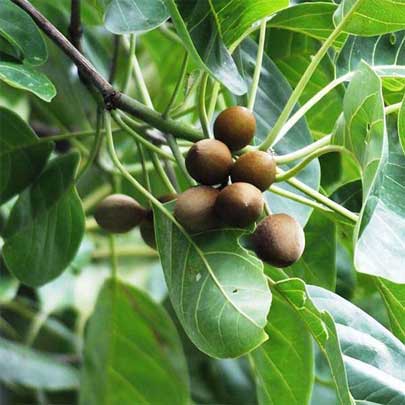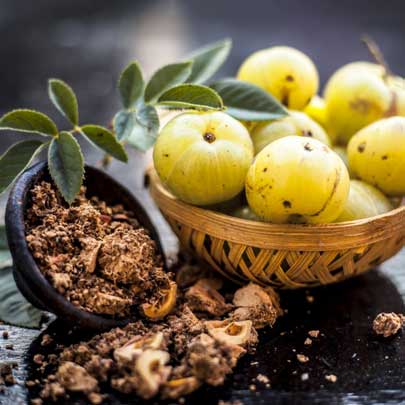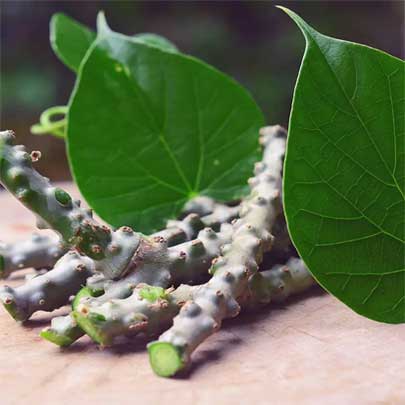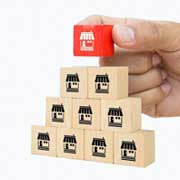From Waste to Wildflowers: The Environmental Benefits of Seed Paper
Seed paper offers several environmental benefits, making it a sustainable and eco-friendly alternative to traditional paper. It is a versatile and eco-friendly material with various uses that promote sustainability and environmental consciousness. Its sustainable properties and the ability to grow into plants after use make it a popular choice for individuals and businesses looking to make a positive impact on the environment.

Some of the key environmental advantages of using seed paper are:
-
Reduced Deforestation: Seed paper is typically made from recycled materials or agricultural waste, reducing the demand for virgin pulp from trees. By choosing seed paper, you help minimize deforestation and its associated environmental impacts.
-
Biodegradability: Seed paper is biodegradable means it naturally breaks down into the soil without leaving harmful residues. As the paper decomposes, it enriches the soil and supports the growth of new plants.
-
Conservation of Resources: Seed paper production requires less water and energy compared to conventional papermaking processes, leading to reduced resource consumption and lower carbon emissions.
-
Habitat Restoration: When it is planted and the seeds germinate, it contributes to habitat restoration and biodiversity. The plants that grow from the seeds provide food and shelter for various wildlife species.
-
Reduced Waste: Seed paper provides a sustainable end-of-life option for paper products. Instead of ending up in landfills, seed paper can be planted, closing the loop and reducing waste generation.
-
Carbon Sequestration: As plants grow from the seeds in the paper, they absorb carbon dioxide from the atmosphere during photosynthesis. This process helps mitigate climate change by sequestering carbon in the form of biomass.
-
Water Conservation: Some seed paper varieties are made with drought-tolerant seeds, requiring less water for successful growth. This contributes to water conservation and sustainable gardening practices.

-
Educational Value: Seed paper offers an educational component, as recipients learn about the importance of sustainability, planting and nurturing plants.
-
Positive Brand Image: For businesses, using seed paper in marketing materials or promotional items can enhance their brand image and reputation as environmentally responsible and conscious.
-
Connection to Nature: The act of planting seed paper encourages people to reconnect with nature and appreciate the environment, fostering a sense of environmental stewardship. Few examples of how seed paper can be creatively used in various aspects of daily life and events include: Plantable Invitation Cards, Business Cards, Gift Tags & Labels, Birthday Invitation Cards, Anniversary Cards, Thank you Cards, Stationery Items etc. Its sustainable properties and the ability to grow into plants after make it a popular choice for individuals and businesses looking to make a positive impact on the environment. Seed paper's journey from waste to wildflower serves as a powerful reminder of the positive impact we can have on the planet through thoughtful and eco-conscious choices.











